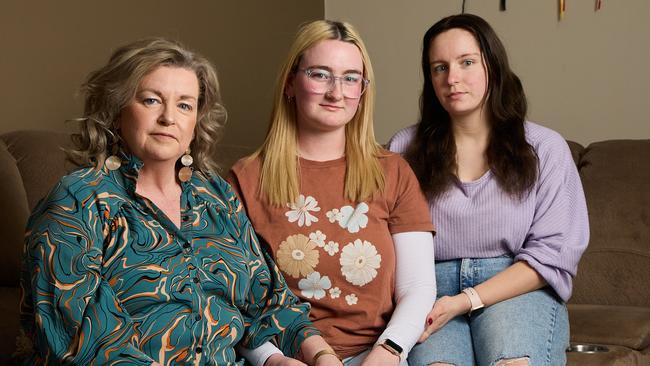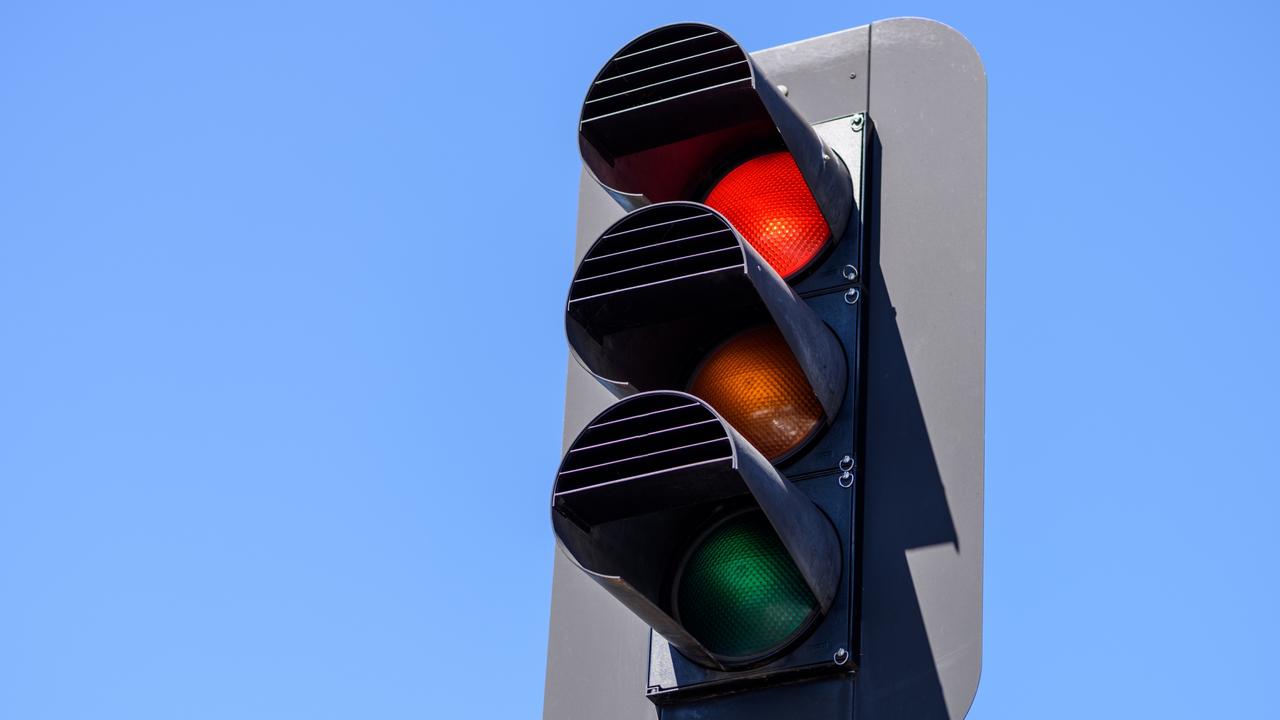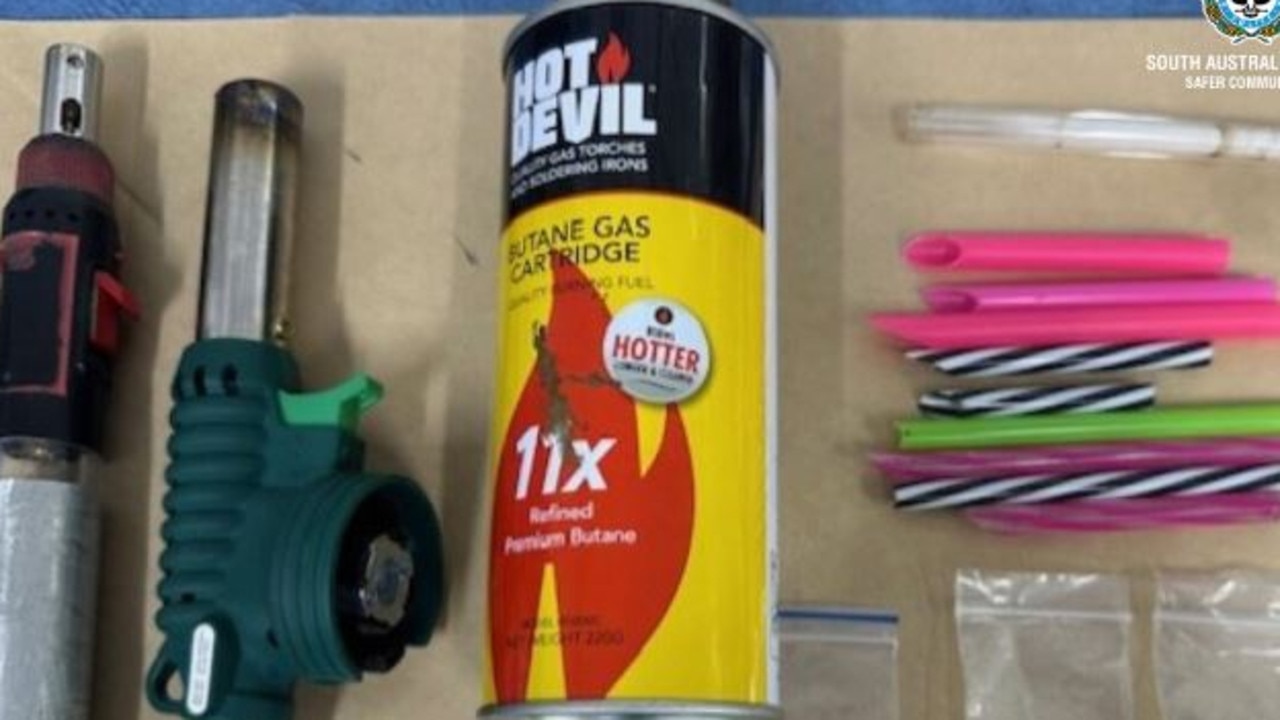There are calls for medical training for teachers to save sick students
Up to one-in-five young South Australians suffer from chronic illness at some point in childhood – and a new study has found they’re physically unsafe in schools.

SA News
Don't miss out on the headlines from SA News. Followed categories will be added to My News.
Chronically ill young people are physically unsafe in schools and are being excluded and isolated, an independent study has found.
Commissioner for Children and Young People Helen Connolly surveyed 95 13 to 21-year-olds to find out how the education system was helping children with long-term illnesses reach their education goals.
“The results of the survey show the education system, schools and teachers are not well equipped to support children and young people living with chronic illness,’’ she said.
“The responses highlight a lack of understanding of chronic illnesses and how this is driving the exclusion and isolation of children and young people, at times putting their safety at risk.”
Ms Connolly said a key recommendation of a report she has released recommended training to deal with a range of medical emergencies which could happen during school hours.
“They also want teachers to follow students’ health action plans and know how to identify the signs of an impending medical emergency, so that they can respond accordingly
and in a timely way before a crisis point,” she said.

Up to one-in-five young South Australians suffer from a chronic illness at some point in their childhood.
The top five in terms of numbers are asthma, endometriosis, chronic fatigue syndrome, Type 1 and 2 diabetes and arthritis.
Chronically ill patient Erin Fawcett, 21, was one of the people surveyed.
“As young as 10 years old, when I would get dizzy and nauseous – as a result of a chronic illness, I would be sent to the principal’s office rather than the sick room,’’ she said.
“The lesson that taught me as a young person was to be ashamed that my body couldn’t do the same things as others and I learnt not to speak out about pain and illness.”
Her sister Lucy Fawcett was also happy about the publicity the report could create for what she had been through.
“I want this report to help everyone educate young people on all chronic illnesses,’’ she said.
Ms Connolly said 73 per cent of survey respondents felt like their health wasn’t being taken seriously, 80 per cent missed out on activities like sport, 80 per cent said they missed school altogether for long periods and 25 per cent were denied access to medication or other important health equipment or support while at school.
“A majority of respondents felt pressure to continue doing work (and physical activity) after telling a teacher they were feeling unwell,’’ she said.
“Students often missed out on curricular sports lessons, sports days, fun days, and school excursions, as well as extra-curricular activities.”
Other than medical training, the report calls for reforms including:
– Better awareness among teachers.
– Quiet rooms and spaces where they can work separately from other students while experiencing symptoms.
– Better study-from-home and online schooling options.
– Community learning and online VET courses highlighting alternative pathways to university.
More Coverage
Originally published as There are calls for medical training for teachers to save sick students



